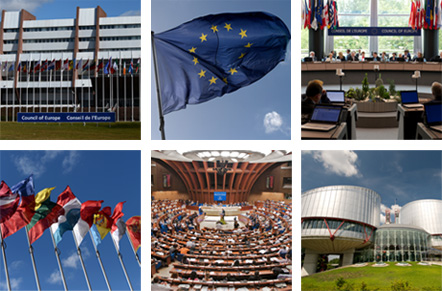Shared parenting after separation/divorce, children’s rights and the role of the states in safeguarding best interests of the child is the key theme of the 4th International Conference for Shared Parenting held under the auspices of the Secretary General of the Council of Europe on 22-23 November 2018.
The debate about shared parenting is particularly relevant today, given historically low marriage rates, relatively high levels of marital and relationship breakdown and the changing nature and definition of the family.
According to International Council on Shared Parenting (ICSP), the key organizer of the conference, in France alone, nearly 200,000 children per year are affected by the divorce of their parents, and 73% of children after the divorce live with their mother and visit their father on alternate weekends. At the same time, recent studies have shown that children who live alternatively and about equally with both parents after a parental separation report better well-being and mental health than parents who live mostly or only with one parent.
Gabriella Battani-Dragoni, Deputy Secretary General of the Council of Europe, in her opening remarks said: “There is an apparent, growing consensus that, when possible, shared parenting should be supported as part of separation and divorce arrangements.”
Shared parenting aims to maintain positive relationships between children and their parents in high-conflict separations and empower parents to meet their parental responsibilities in an equal way, she stressed.
The concept extends the principle of gender equality and challenges the stereotype of the father as breadwinner and the mother as nurturing carer and homemaker, still deeply entrenched in many cultures and still playing a role in many custody agreements.
However, shared parenting should not become a goal in itself or a systematic resumption: there are cases when shared custody does not correspondent to the child’s best interests. The decision on whether shared parenting is the best solution must take into account the individual circumstances, such as situations of intra-family violence, as well as the child’s views and expressed position.
The conference is supported by the City of Strasbourg, the University of Strasbourg and the Jardin des Sciences.



